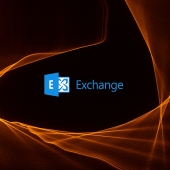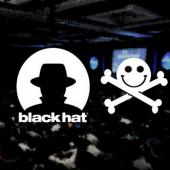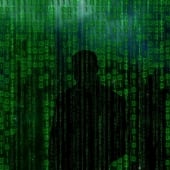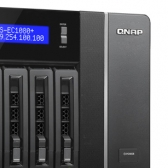-
Microsoft Exchange servers scanned for ProxyShell vulnerability, Patch Now
Threat actors are now actively scanning for the Microsoft Exchange ProxyShell remote code execution vulnerabilities after technical details were released at the Black Hat conference.
- August 07, 2021
- 12:53 PM
 0
0
-
Black Hat and DEF CON security conferences go virtual due to pandemic
DEF CON and Black Hat announced today that their upcoming security conferences in Las Vegas this summer will no longer be in-person and are instead moving to an all-virtual event.
- May 09, 2020
- 12:10 AM
 0
0
-
Tech Conferences in Asia On Hold Due To Coronavirus Outbreak
This week, organizers of Black Hat Asia and DEF CON China security conferences announced that the coronavirus outbreak in the region is forcing them to put the events on hold.
- February 14, 2020
- 09:37 AM
 0
0
-
The Types of Hackers & Why They Hack
In current times, the term may describe a person who attempts to gain unauthorized access to computers, with less than honorable intentions, or the person who counters the bad intentioned one. But, there is a pretty broad spectrum of hackers and a variety of motivations for hacking.
- July 13, 2018
- 10:14 AM
 3
3
-
Help recover files.txt Ransomware installed by targeted Remote Desktop or Terminal Services Attacks
A new file-encrypting ransomware has been discovered that appears to be installed via targeted Remote Desktop or Terminal Service attacks. This ransomware, which we call LowLevel4, encrypts your data with AES encryption and then demands 4 Bitcoins to get your files back.
- October 20, 2015
- 05:42 PM
 1
1
-
Vulnerability Discovered in QNAP QTS Operating System
A new vulnerability has been disclosed for the QTS operating system used by QNAP storage devices. This vulnerability allows remote OSX users to potentially read and write arbitrary files on a QNAP device through the Apple Filing Protocol (AFP).
- October 12, 2015
- 01:18 PM
 0
0













